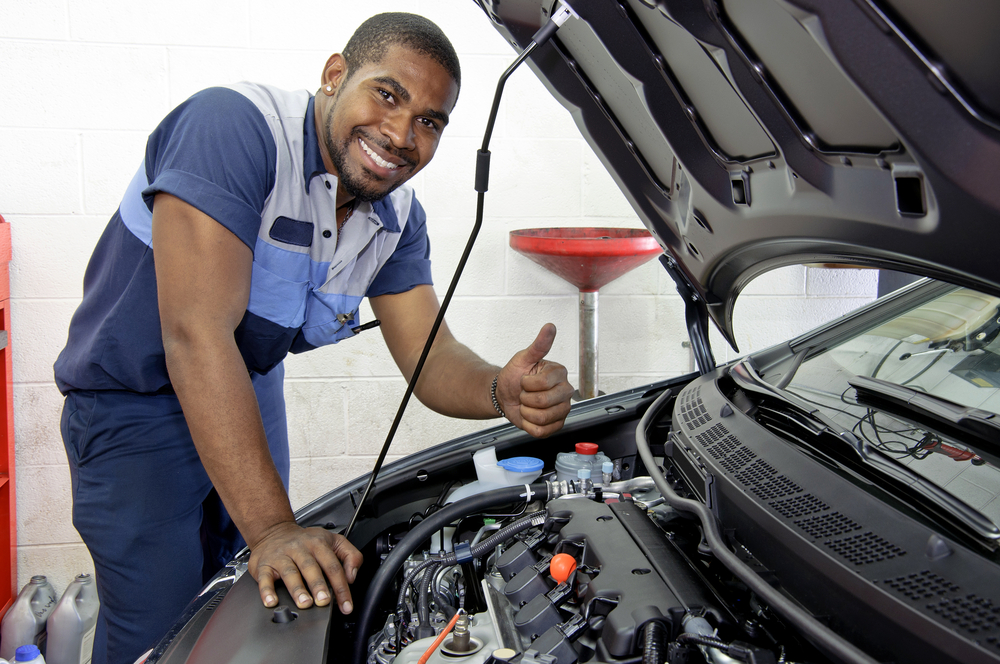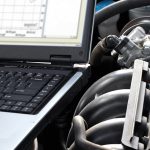
Car Maintenance Myths Debunked
When it comes to keeping your vehicle in top condition, there’s no shortage of advice and recommendations—some of which are based on fact, while others are shrouded in myth. Understanding the truth behind car maintenance can save you time, money, and ensure your car runs smoothly for years to come. In this article, we’ll debunk some common car maintenance myths and provide you with accurate information to keep your vehicle in prime condition.
Myth 1: “You Need to Change Your Oil Every 3,000 Miles”
One of the most persistent car maintenance myths is that you need to change your oil every 3,000 miles. While this was once considered good practice, advancements in oil technology and engine design have rendered this guideline outdated. Most modern vehicles are equipped with advanced engines and use high-quality oils that can last longer.
What the Experts Say
Many car manufacturers now recommend oil changes every 7,500 to 10,000 miles, depending on the type of oil used and driving conditions. Always check your vehicle’s owner’s manual for the manufacturer’s recommendations. Additionally, many cars are equipped with oil life monitoring systems that alert you when it’s time for an oil change.
Myth 2: “Premium Gas is Better for Your Car”
Another common myth is that using premium gasoline will improve your car’s performance and fuel efficiency. However, unless your car’s manufacturer specifically recommends premium fuel, there’s generally no benefit to using it.
The Truth About Fuel
Premium gasoline has a higher octane rating, which helps prevent knocking in high-performance engines. For most vehicles, regular unleaded gasoline is perfectly fine and meets the engine’s requirements. Using premium fuel in an engine designed for regular gas doesn’t provide additional benefits and can result in unnecessary costs.
Myth 3: “You Can Skip the Air Filter Replacement”
Some drivers believe that air filters don’t need to be replaced frequently and that they can simply be cleaned. While it’s true that air filters can sometimes be cleaned, they are generally designed to be replaced periodically.
Why Air Filters Matter
Air filters play a crucial role in keeping dirt and debris out of your engine, ensuring optimal performance and fuel efficiency. A clogged air filter can reduce engine performance and fuel economy, so it’s essential to follow the manufacturer’s recommendations for replacement intervals. Typically, air filters should be checked and replaced every 12,000 to 15,000 miles, but this can vary based on driving conditions.
Myth 4: “You Don’t Need to Rotate Your Tires if They Look Fine”
Tire rotation is often overlooked by many drivers who believe that as long as their tires look okay, they don’t need to be rotated. However, rotating your tires is crucial for even wear and optimal vehicle performance.
The Importance of Tire Rotation
Tire rotation helps ensure that all tires wear evenly, which extends their lifespan and improves handling and safety. Front tires often wear out faster than rear tires due to the weight distribution and steering forces. Regular rotation helps balance this wear. It’s generally recommended to rotate your tires every 6,000 to 8,000 miles, but check your owner’s manual for specific guidelines.
Myth 5: “You Don’t Need to Check Your Transmission Fluid”
Some drivers believe that transmission fluid is a “set it and forget it” component of their vehicle. However, transmission fluid plays a crucial role in lubricating and cooling the transmission, and neglecting it can lead to costly repairs.
Checking and Maintaining Transmission Fluid
Regularly checking and changing your transmission fluid is essential for maintaining a smooth-running transmission. Most vehicles have a dipstick to check fluid levels, and it’s important to follow the manufacturer’s recommendations for fluid changes. Typically, transmission fluid should be replaced every 30,000 to 60,000 miles, but this can vary based on driving conditions and vehicle make and model.
Myth 6: “You Don’t Need to Worry About Your Battery Until It Dies”
Many drivers only think about their car battery when it fails to start the vehicle. However, battery maintenance is crucial for avoiding unexpected breakdowns.
Proactive Battery Care
Car batteries can weaken over time, and regular inspections can help you avoid being stranded with a dead battery. It’s a good idea to have your battery tested periodically, especially before extreme weather conditions. Additionally, ensuring that battery terminals are clean and free of corrosion can help prolong battery life.
Myth 7: “You Can Ignore Dashboard Warning Lights”
Ignoring dashboard warning lights is a dangerous practice that can lead to more severe problems down the road. These lights are designed to alert you to potential issues that need immediate attention.
What to Do When a Warning Light Appears
When a warning light appears on your dashboard, it’s essential to address it promptly. Consult your owner’s manual to understand what each light means and take your vehicle to a mechanic if necessary. Ignoring warning lights can lead to more significant issues and costly repairs.
Myth 8: “Wash Your Car Only When It’s Dirty”
Some drivers believe that washing their car only when it’s visibly dirty is sufficient. However, regular washing and waxing can help protect your vehicle’s paint and prevent damage from contaminants.
Benefits of Regular Washing and Waxing
Regular washing removes dirt, grime, and road salt that can damage your car’s paint and lead to rust. Waxing your vehicle provides a protective layer that helps preserve the paint and keep your car looking new. It’s recommended to wash your car every few weeks and apply wax every few months, depending on your driving conditions.
Myth 9: “High Mileage Cars Are Not Worth Maintaining”
There’s a belief that high-mileage cars are not worth maintaining and that it’s better to invest in a new vehicle. However, with proper care, high-mileage cars can continue to perform well and serve you reliably.
Caring for High-Mileage Vehicles
Maintaining a high-mileage car requires regular attention and care. Follow the recommended maintenance schedule, address issues promptly, and use quality parts and fluids. With proper maintenance, high-mileage vehicles can continue to operate efficiently and provide reliable transportation.
Myth 10: “Regular Maintenance Is a Waste of Money”
Some drivers view regular maintenance as an unnecessary expense, but investing in routine maintenance can actually save you money in the long run by preventing more significant and costly repairs.
The Value of Routine Maintenance
Routine maintenance helps ensure that your vehicle operates efficiently, reduces the risk of unexpected breakdowns, and extends the lifespan of your car. Regular maintenance can also improve fuel efficiency and overall vehicle performance, making it a worthwhile investment.
Conclusion
Debunking car maintenance myths is essential for keeping your vehicle in optimal condition and avoiding unnecessary expenses. By understanding the truth behind these common misconceptions, you can make informed decisions about your vehicle’s care and maintenance. Remember to follow your manufacturer’s recommendations, stay proactive with maintenance tasks, and consult a professional mechanic when needed. Your car will thank you with reliable performance and longevity.
Need a Mechanic in Lubbock, TX?
Since 1975, M & M Tire and Service Center has been the premier provider of general automotive repairs in the Lubbock area. We are a family-owned and operated business with over 40 years of experience. Our friendly and professional staff work to provide quality repairs and services at reasonable prices. At M & M Tire and Service Center, we offer oil changes, brake servicing, suspension repair, tires, electrical system analysis, heating and air conditioning, engine repairs, doors and windows and safety inspections. Call us today to schedule your next appointment and see why the Better Business Bureau has given us an A+ rating since 1983.
More...
Categorised in: Vehicle Maintenance
This post was written by admin





